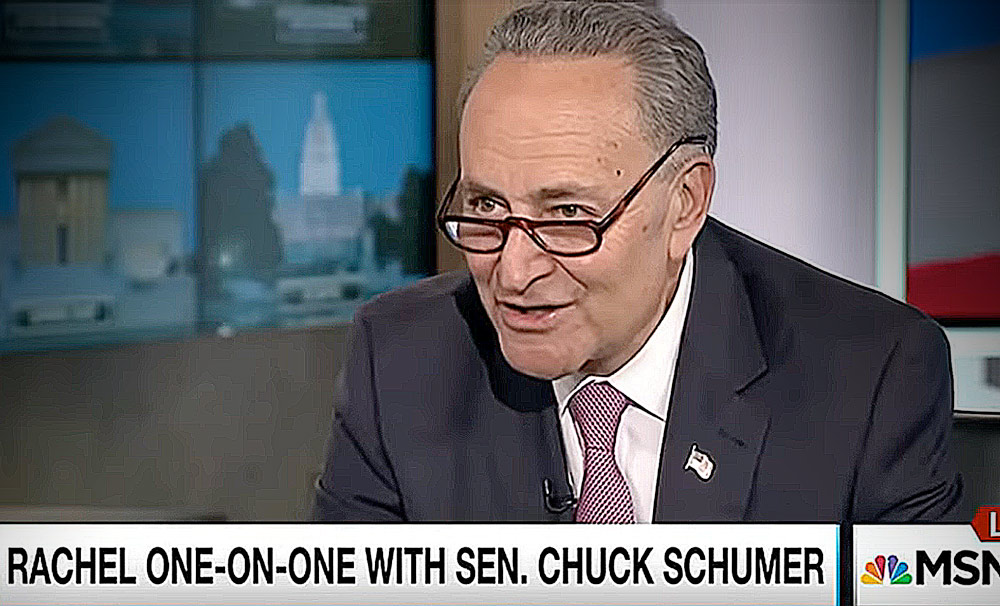Is Donald Trump really “draining the swamp”?
It’s overflowing.
Stan Collender, writing last year in Forbes, noted just what a big spender the president really is. Now, an update: fiscal year 2019 sports a deficit of $1.09 trillion, up considerably from the $897 billion projected earlier this year; the next year is expected to nudge the deficit even higher, to $1.1 trillion.
The whys aren’t a mystery: it is politically difficult to cut an expected benefit to any constituency. It looks stingy — though it is the very opposite. Spending other people’s money — including taxpayers’ — is not generosity. For a politician, it is naked self-interest. Buying votes.
Worse than merely corrupt, it’s corrupting — since the People are increasingly tempted to look to government to supply special voting bloc advantages rather than the mutual, universal advantage of liberty and justice for all.
Collender speculated that a $2 trillion deficit is “definitely within view” because “Trump is demanding that federal spending and the government’s red ink be increased even further.”
Judd Gregg, writing yesterday for The Hill, summarizes current GOP fiscal policy as “now the most profligate and debt-driving party in the nation’s history.”
He’s not wrong, but I question his next line: “Fiscal restraint is no longer part of the cloth the Republican Party wears.”
Careful wording.
Republicans sometimes talk a good game, but are known to be big spenders when not opposing a Democratic president. The Class of 94 was effective against Bill Clinton. Under unified government in the aughts, though, under George W. Bush, they went on a spree.
Maybe Republicans just need a good enemy.
Bernie Sanders for President?
Perhaps any socialist Democrat will do.
This is Common Sense. I’m Paul Jacob.

—
See all recent commentary
(simplified and organized)










